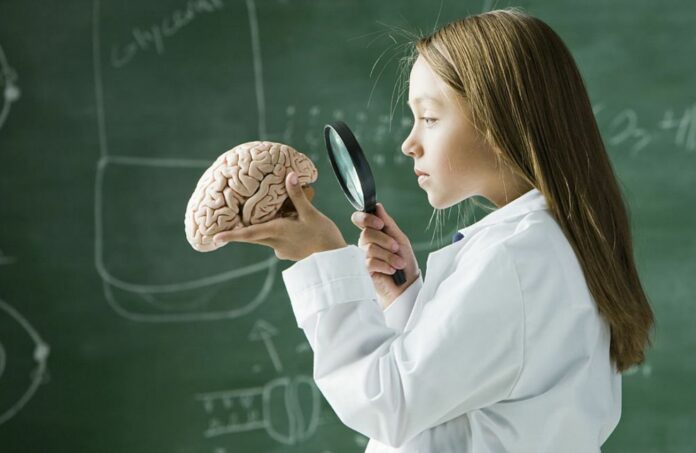Evidence suggesting that the language we use could influence the neural connections underlying our thought processes has been uncovered by scientists working at the Max Planck Institute for Human Cognitive and Brain Sciences in Leipzig.
Utilizing magnetic resonance tomography, the scientists conducted an in-depth examination of the brains of native German and Arabic speakers and observed noticeable variations in the wiring of the language regions in the brain.
The research team, led by Alfred Anwander and Angela Friederici, included doctoral student Xuehu Wei, who compared the brain scans of 94 native speakers of these two distinctly different languages. Wei’s findings demonstrated that the language we grow up with can affect the wiring of our brains. To obtain their results, two groups of native speakers of German and Arabic, respectively, underwent magnetic resonance imaging (MRI) scans.
By utilizing diffusion-weighted imaging, the high-resolution images obtained not only reveal the brain’s anatomy, but also enable the identification of connectivity between distinct brain regions. The data indicates that the axonal white matter connections within the language network are capable of adapting to the processing demands and complexities of one’s native language.
According to Alfred Anwander, the last author of the study which was published in NeuroImage, the data revealed that Arabic native speakers exhibit stronger connectivity between the left and right hemispheres compared to German native speakers.
This enhanced connectivity was also observed between the semantic language regions and may be linked to the relatively intricate semantic and phonological processing required in the Arabic language.
The researchers say the left hemisphere language network of native German speakers exhibited greater connectivity. They suggest that this may be attributed to the intricate syntactic processing required in German, given its flexible word order and the greater distance between sentence elements.
The study highlights that brain connectivity is influenced by environmental factors and learning during childhood, which in turn affects cognitive processing and reasoning in adulthood.
Alfred Anwander emphasized the study’s significance, stating that it provides novel insights into how the brain adjusts to cognitive demands, whereby the structural language connectome is shaped by one’s native tongue.
Documenting differences between individuals raised with varying native languages, this study is among the initial attempts to provide researchers with insight into cross-cultural processing differences in the brain. The research team intends to expand upon their findings by conducting a subsequent study that will examine the structural changes in the brains of Arabic-speaking adults over a period of six months as they learn German.
Image Credit: Getty
